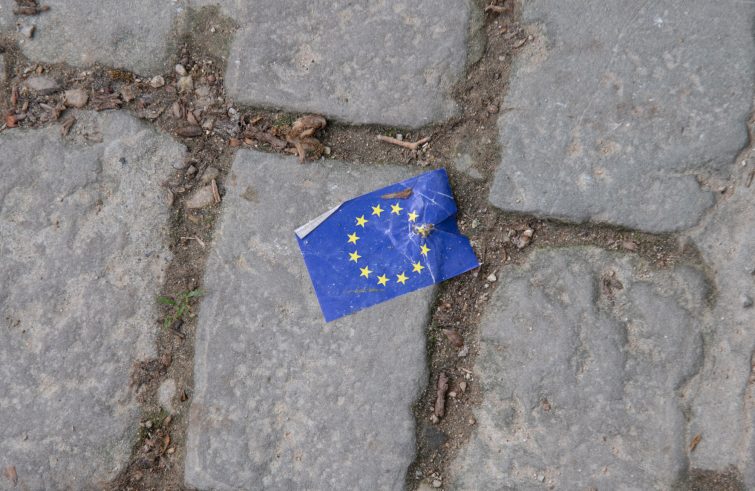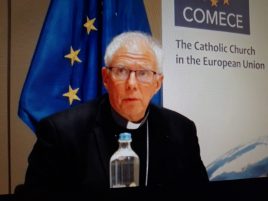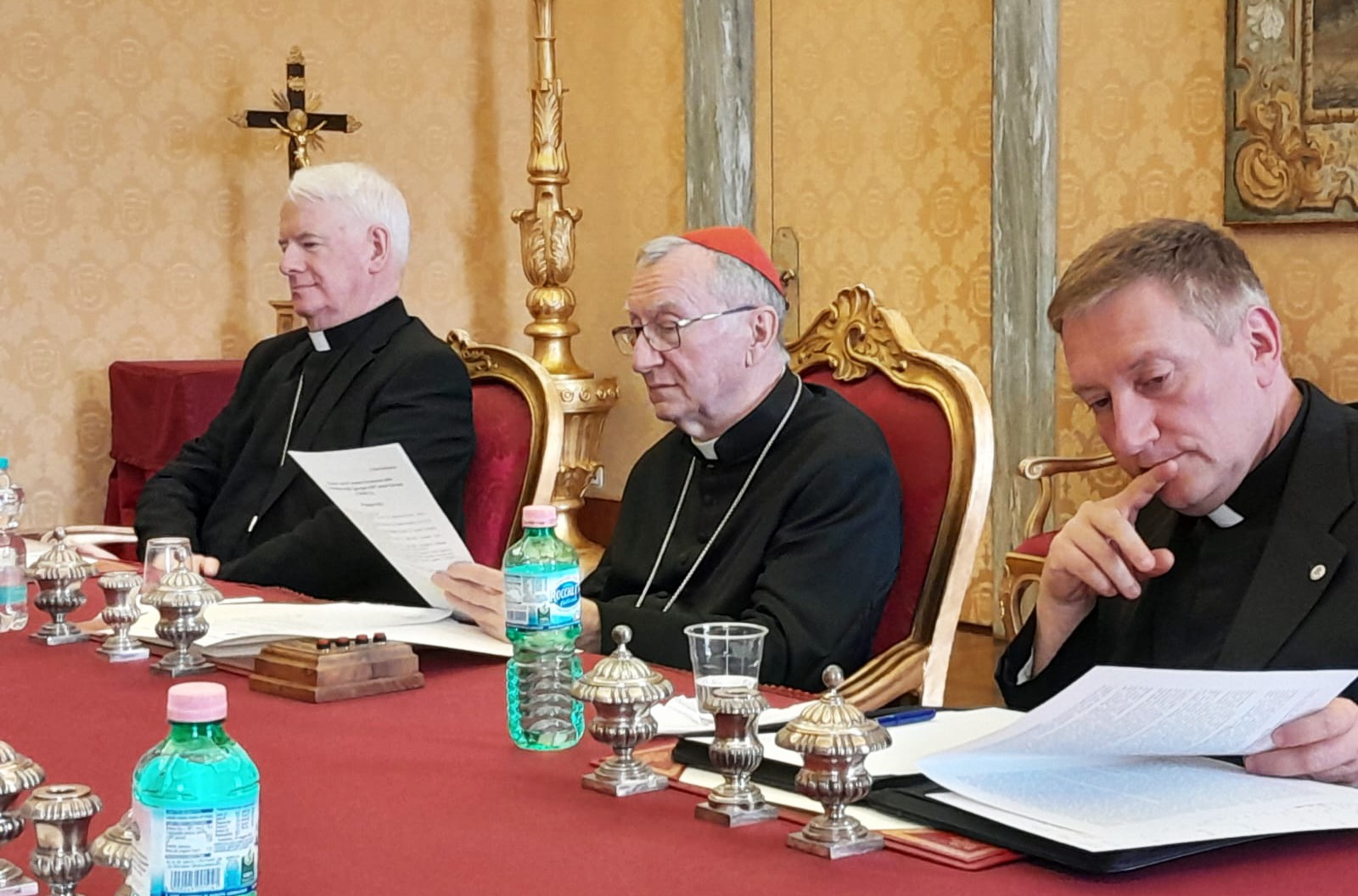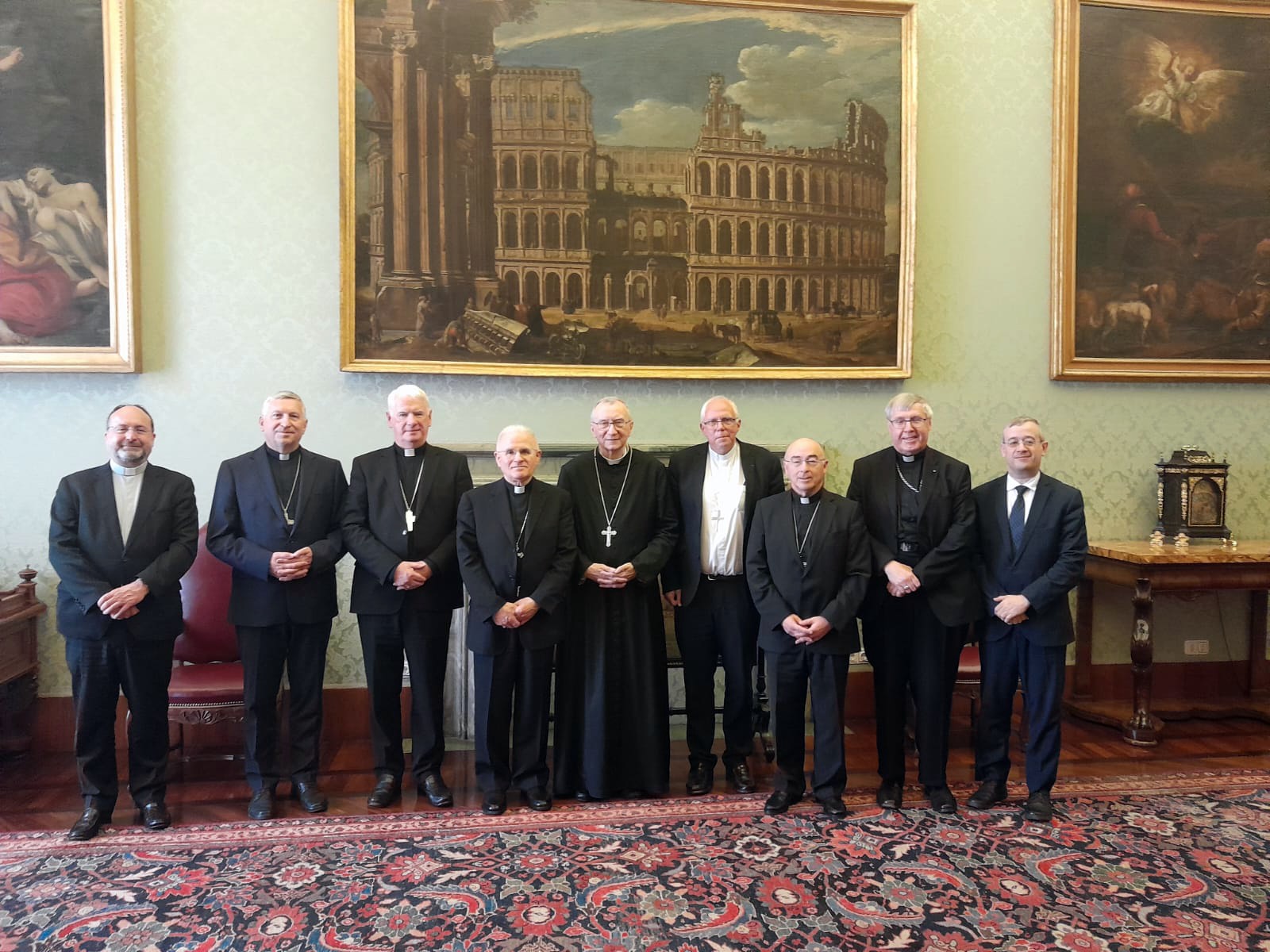
“Today’s widespread fear and anxiety is reflected in the European vote. Christians are therefore called to be bearers of hope. In a world marked by pessimism and sadness because people see no solution to the problems, we must be men and women of hope. It is not a question of saying that everything is going well and that there are no problems, but that there is a broader horizon.”

Following the landslide victory of the right-wing parties and President Macron’s decision to dissolve the National Assembly and call early elections, Msgr. Antoine Hérouard, Archbishop of Dijon and Vice-President of the Commission of the Bishops’ Conferences of the European Union (COMECE), analyses the European vote and its consequences in his homeland. SIR interviewed him in Rome, where he is taking part in a round of meetings at the Vatican and with Pope Francis. “Unfortunately,” he says, “the results of the European elections in France did not come as a surprise. They had been predicted by all opinion polls in more or less the same proportions.”
“In my opinion, they signal a strong dissatisfaction. Although these elections were dominated by national issues, there is no doubt that the European Union was perceived in a very negative way, as a distant entity, difficult to understand, too technocratic, overly concerned with details and not delivering what people expect.”
Was it really necessary to call early elections?
This decision has been widely criticised, with many arguing that the president has put the country in a very difficult situation. We are approaching the summer season and in particular the Paris 2024 Olympics – a major event for France. Moreover, the timeframe is very short. It is true that the deadline is set by the constitution. But the political parties have very little time to draw up their manifestos and select their candidates. In other words, the impression is that everything is being done in a hurry and that people are feeling somewhat confused. At the same time, it should be noted that after his re-election in 2022, President Macron found it increasingly difficult to govern the country because he lacked an absolute majority in the National Assembly. The government therefore had to make extensive use of Article 49(3) of the Constitution, which allows the government to push through legislation without a majority. This was the case for the budget vote and subsequently for a number of landmark laws such as the pension reform. For this reason, the President thought it best to intervene and initiate the legislative election process.
 The situation in France, namely populist or right-wing parties winning, has been repeated elsewhere in Europe. How do you interpret these data from a European perspective?
The situation in France, namely populist or right-wing parties winning, has been repeated elsewhere in Europe. How do you interpret these data from a European perspective?
In my opinion, the interpretation is more nuanced at the European level. While we have seen a victory of far-right parties, this has only happened in a few countries and is not so widespread. In fact, some countries have registered a decline.
However, there is a somewhat paradoxical situation whereby the countries where these far-right or populist parties registered the best results are the EU’s founding States.
I am referring, of course, to France. But the same can be said of Germany, Belgium and even Italy with President Meloni’s party. Conversely, Eastern European countries, which in the past favoured right-wing parties, reported a decline. This is the case in Hungary, where Orban remains in the lead despite his party losing almost 20 percentage points. Or in Slovakia, where the prime minister lost to the more pro-European parties despite the assassination attempt on his life, which could have swayed some voters to support him. The same thing happened in Romania. These countries have only recently joined the Union and are closer to Ukraine and the Russian war in Ukraine. Clearly, the EU is seen as a safeguard for their future.
 What are the challenges facing the European Parliament in the light of these results?
What are the challenges facing the European Parliament in the light of these results?
While the political-party balance of the European Parliament may ultimately remain unchanged, the message sent by the European electorate must be carefully considered, especially that of the most critical part of the electorate, those who have lost sight of the importance of the European Union and its concrete contribution to people’s lives. Moreover, Europe is increasingly and critically engaged with the rest of the world. This applies to economic, trade and competition issues vis-a-vis global powers such as the United States and China; to defence issues; and to the important and sensitive issue of migration.
It has become increasingly recognised that solutions should not only be sought at national level, but that they often require a European dimension. There is a growing awareness of this and, in my view, this is a good thing.
What is the role of the Churches?
Since its foundation, the Church has been committed to the construction of Europe. We believe and support this project. We believe in it above all because it is a project of peace. Let us not forget that the European Union emerged from the Franco-German reconciliation at the end of World War II, to prevent conflicts from being resolved by war. This continues to be the European Union’s primary role at a time when conflicts are sadly happening at our doorstep with the war in Ukraine and, to some extent, the war in Israel and Gaza. Tensions and divisions are on the rise. Our societies are rife with hate speech, misunderstanding and outright hostility. It will be increasingly important for Christians to show that they are people who can dialogue even when they disagree, who build bridges of welcome rather than rejection, who are artisans of peace.











